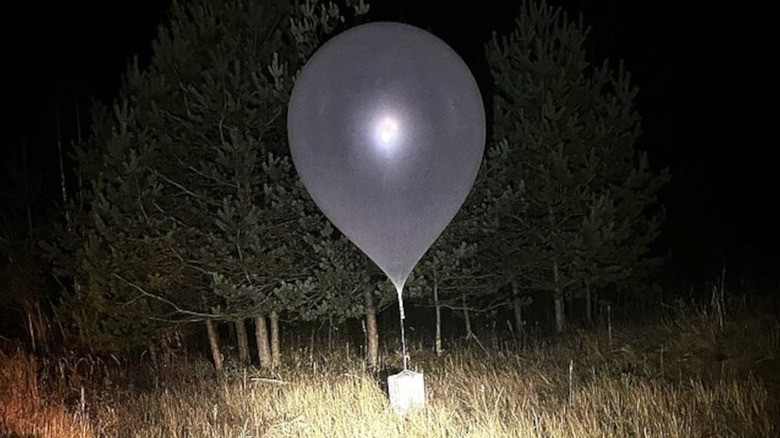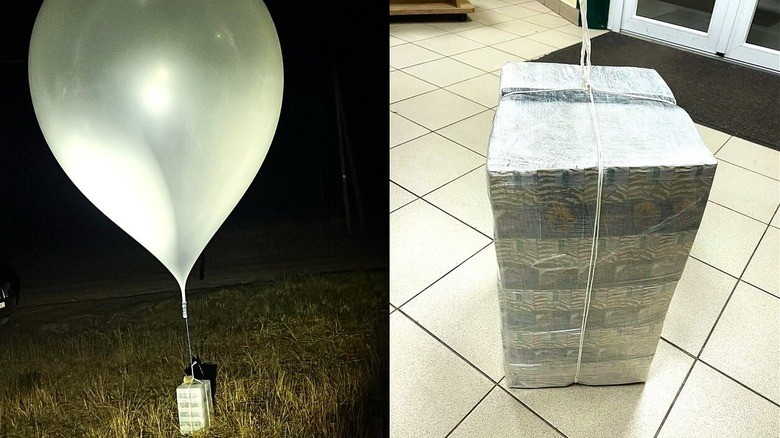Cigarette-Smuggling Balloons Ground Vilnius Airport: A Shocking Twist in European Smuggling
Vilnius Airport, Lithuania, was temporarily shut on Saturday after 14 weather balloons breached its airspace from neighboring Belarus. This time, it wasn't drones but balloons that were used to smuggle cigarettes. Lithuanian authorities recovered 11 of the balloons and 18,000 illicit cigarette packs. The incident shows smugglers improvising in surprising ways and turning a simple weather balloon into a tool for illicit trade.

In This Article:
Belarus to Lithuania: A Longstanding Smuggling Pipeline
Belarusian tobacco traffickers have used Lithuania as a staging ground for the wider European Union for decades. A study found that nearly 30% of all cigarette packs in Lithuania are illegal, and 90% of those originate in Belarus, with 87% from one factory. In 2024, fully 966 criminal balloons flew from Belarus to Lithuania, and that doesn't account for balloons Lithuanian authorities did not find.

Why Balloons, Not Drones? The Economics of Smuggling
The article notes that drones are cheap, but balloons remain cheaper and can carry more weight. “Drones are getting pretty cheap, after all. But what's cheaper than drones? Balloons.” This line captures why smugglers still favor balloons. This cost-and-capacity advantage helps explain the persistence of balloon-based smuggling, even as surveillance improves.

A Brief Shutdown, a Warning Moment
Some balloons wandered into the airport's space, forcing a temporary shutdown. The ‘criminal balloons’ inadvertently committed a more serious crime than their usual smuggling, exposing vulnerabilities in airspace security. The incident underscores how gaps in monitoring and airspace control can be exploited by unconventional methods.

A Cautionary Tale for Europe: Taxes, Revenue and Health
Europe's high tobacco taxes aim to curb smoking, but they also fuel smuggling networks. Lithuania's experience—where illegal packs largely originate in Belarus—illustrates the revenue losses and public health challenges. The balloon era may not end soon; policymakers must adapt with stronger border controls and smarter monitoring of unconventional smuggling methods across the EU.


